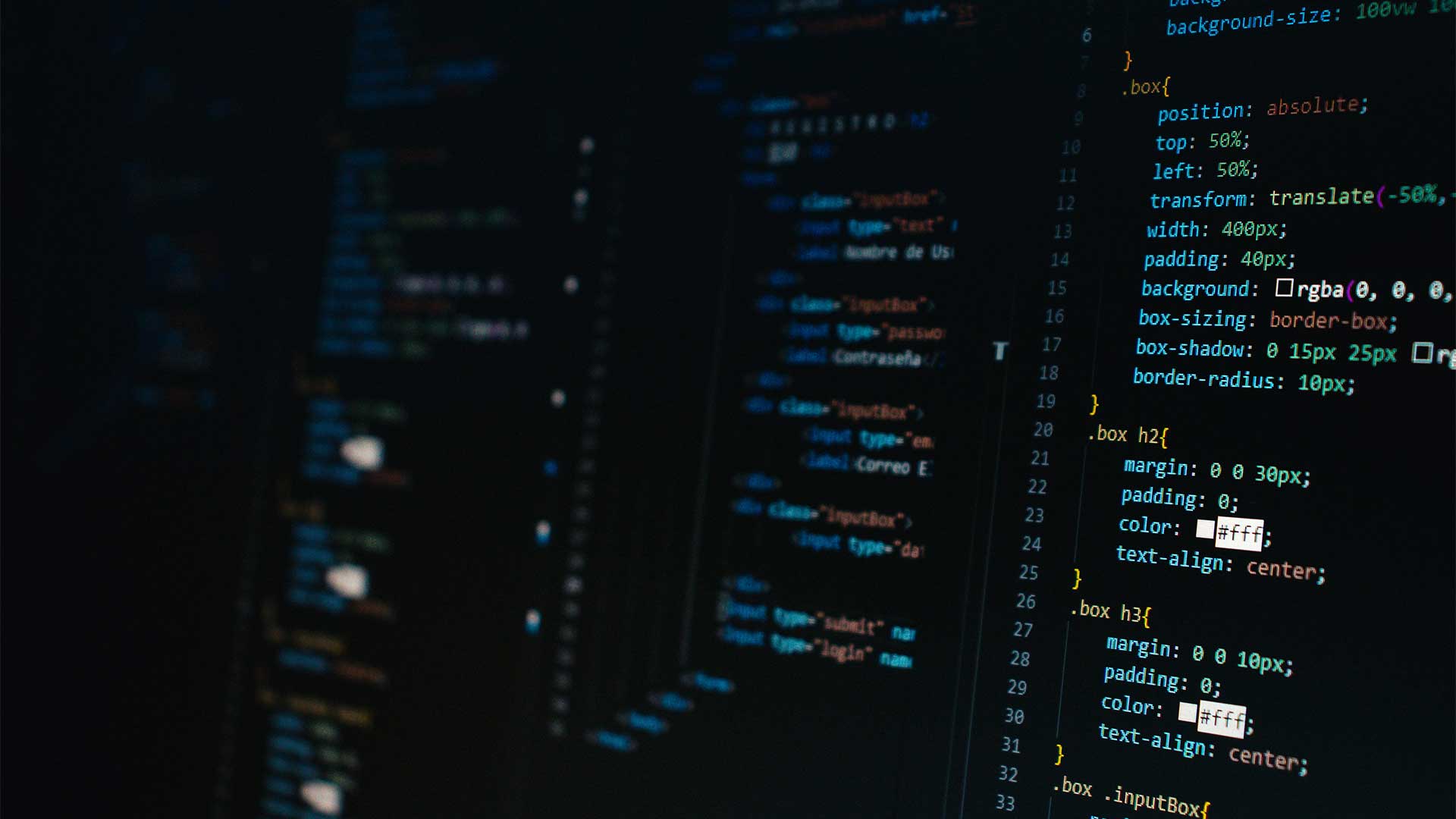Introduction
The recent developments in the GitHub Copilot lawsuit mark a positive step forward for the technology industry. At Endava, we see this as an opportunity to reinforce our commitment to responsible AI-assisted development, ensuring innovation aligns with ethical standards. The move toward legal clarity also opens up new opportunities for developers to augment their potential, leveraging AI to enhance productivity and creativity while adhering to ethical guidelines.
Background on the case
In November 2022, a group of open-source software (OSS) developers filed a lawsuit against GitHub, Microsoft and OpenAI, alleging that GitHub Copilot unlawfully copied their code, violating the Digital Millennium Copyright Act (DMCA) and other legal protections. This case raised essential questions about AI's role in software development and the protection of intellectual property (IP).
The court’s decision
On June 24, 2024, a judge dismissed the majority of the developers' claims, including the key DMCA copyright infringement allegation. The court found that the code generated by Copilot was not identical enough to the plaintiffs' work to substantiate these claims.
The court also dismissed claims for punitive damages, which are intended to punish particularly harmful behaviour, and unjust enrichment which involves benefiting unfairly at another's expense.
The dismissal of these claims reduces the potential financial liability for GitHub, Microsoft and OpenAI. The remaining claims relate to breach of contract and open-source license violations.
Endava’s take on the ruling
We see this ruling as a positive step toward the use of the GitHub Copilot tool in software development.
Our vision includes:
Supporting responsible AI use:
- We believe in harnessing the power of AI to enhance productivity and innovation and augment the potential of our developers. The court’s decision underscores the need for clear guidelines that ensure AI tools are used ethically and responsibly, respecting developers' rights.
Championing open-source integrity:
- The survival of the open-source license violation claim highlights the importance of adhering to open-source licenses. We remain committed to supporting open-source communities by ensuring our AI tools and practices comply with licensing terms and respect contributors’ rights.
Promoting ethical innovation:
- As AI continues to evolve, it is crucial to balance innovation with ethical considerations. Endava advocates for a framework that fosters AI advancements while safeguarding intellectual property and ensuring transparency in AI-generated outputs.
Anticipating a favourable outcome:
- While the case continues, we are hopeful that the remaining claims will ultimately be dismissed. This belief aligns with our vision of an AI-driven future where technology and law work together to promote growth and innovation. We envision a landscape where AI not only augments the capabilities of developers but also enhances job satisfaction by automating mundane repetitive tasks and freeing up time to focus on the creative and challenging aspects of software development.
Implications for the future
The ongoing GitHub Copilot case serves as a reminder that AI’s integration into software development is a complex and evolving field. However, the ruling is a significant step in defining the relationship between AI-generated content and IP law. With the remaining claims still under consideration, the case continues to shape the legal landscape. We will continue to monitor these developments closely, aiming for the highest standards of legal compliance balanced with the need to drive innovation.
FYI – This article was written with assistance from ChatGPT 4-0.
